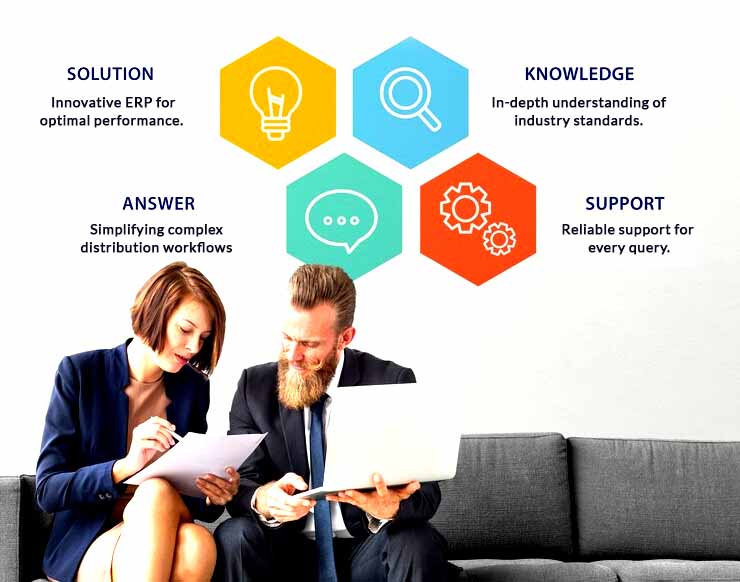Predominantly, manufacturers that offer special pricing agreements (SPAs) to their respective distributing partners can support a wide range of end-customer and market situational needs.
It includes sales analytics, reports & a performance dashboard. This not only increases productivity but also saves money and resources. Thus benefiting the organization on the broader spectrum.
Today’s Wholesaler and Distributor’s customers expect Omnichannel online experience. Sales ERP offers independence and flexibility to your customer to grow their business. Ximple ERP has D2C features they expect from you. Our Sales ERP has an inbuild POS, counter sales and eCommerce.
Ximple ERP offers IMARK Customer Technologies for Growth.
Do business anytime and anywhere to improve sales and reduce cost.
You pick a solution that suits your business as Ximple Cloud ERP will integrate other systems with ease.
Because of the system’s intuitive nature, cross-training of sales staff is a breeze. The same employees that take counter orders or handle phone orders can do the other’s job without the need to retrain. This not only increases productivity but also saves money and resources. Thus benefiting the organization on the broader spectrum.
99.99% Cloud ERP uptime
Out of Box ERP Customization with Parameter and APIs/Micro services
Expert Support by Industry expert with more than 10+ years experience
Fastest ERP Implementation and Payback. Average implementation done in less than 90 days. ROI in less than 9 months
 Frequently Asked Questions
Frequently Asked QuestionsIf you need further assistance, please visit our Contact Us page to reach our Support Team!

A: Sales ERP comes with sales order management, and automation in tracking as well as creating new orders. Sales ERP system streamlines order processing and enhances order accuracy. It also has CRM features that help to understand customer behavior and handle customer interaction that improves customer strategies and improve sales.
A: ERP software covers all modules to control the entire organization including the sales module. Sales ERP mainly focuses on Sales related tasks including inventory management, processing of orders, customer interaction, sales analytics and forecasting, marketing and E-commerce integration, and price management.